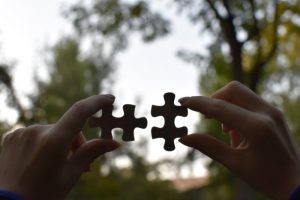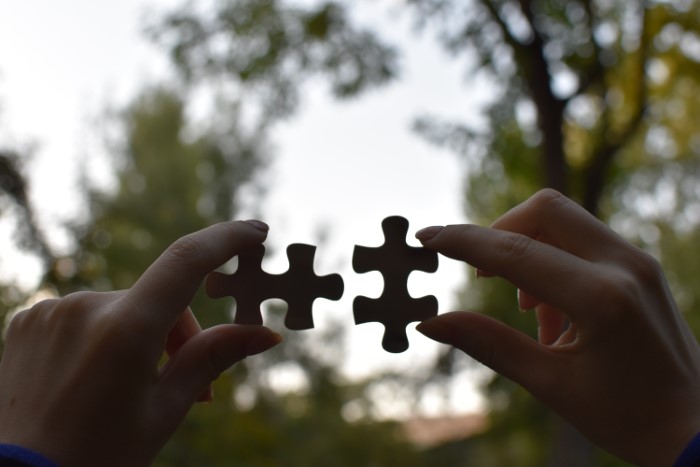
There is nothing miraculous about a rainbow. Its colorful beauty derives from a simple natural phenomenon called refraction. Little droplets of water suspended in the air near a waterfall or after a rainfall capture and bend rays of sunlight in varying degrees. The result is a colorful prism effect.
In this week’s Torah portion, however, we find the rainbow in a rather unusual role. The entire civilization of the world becomes corrupt, and Hashem decides to destroy it with a Great Flood. The heavens above and the abyss below crack open, and solid torrents of water spew forth and inundate all the settlements of civilization. Only Noah, his family and an arkful of animals and birds survive the deluge. In the aftermath, Hashem vows never again to send a Flood to wipe out civilization. And he gives a sign. The rainbow!
Why the rainbow? What is so remarkable about the rainbow that it should become the symbol of the continuity of civilization?
If we look carefully at the chronicles of the generations before the Flood and after, we notice a very sharp drop in human longevity. Before the Flood, the average life span seems to have been well into the hundreds of years, and the quality of life was excellent; good health and prosperity were the norm. After the Flood, however, life expectancy declined, and by Abraham’s time, it seems to have been about one hundred years. Why?
The commentators explain that before the Flood the role of humanity was to serve as the passive receptacle of divine beneficence. People were not required to make any effort. All they had to do was accept what was given to them. The result was a great flow of spirituality and divine vitality which blessed humanity with extraordinary longevity, health and prosperity. But at the same time, it made for a static society. People did not have the need or the ability to create or improvise or pursue new horizons and modes of thought. Therefore, when society was corrupted and the flow of divine grace was interrupted, humanity did not have the ability to renew itself and thereby avoid destruction.
After the Flood, however, a new dynamic took effect. Henceforth, humanity had both the need and the ability to take an active role in channeling divine grace from Above. The need to participate reduced the flow of divine grace and resulted in a diminished quality of life. But at the same time, people could be creative and adapt, and therefore, there was always the potential for self-renewal. Even if society should become corrupted, it would always be able to find its way back to the Almighty.
The rainbow is the symbol of this active participation. The little droplets of water accept the light rays that stream down from the sky, and they focus and channel the light in such a way as to reveal the plethora of brilliant colors intrinsic to every ray of sunlight. The rainbow is the paradigm for the new role of humanity which would ensure the continued existence of civilization.
A young man returned to visit the sage with whom he had studied for many years. He had been one of the sage’s most brilliant disciples yet he was failure in life. Another young disciple, who had not been nearly as brilliant, however, had gone on to great triumphs and successes.
“Why has he done better than I have?” the young man asked. “After all, I was clearly more talented.”
“Indeed you were,” said the sage. “You absorbed every word I spoke and understood it thoroughly. But you never developed the ability to think on your own. Therefore, once you left me you were lost. The other fellow, however, though not as brilliant as you, learned to take what I taught and adapt it. That is a formula for success.”
In our own lives, we can transform our very existence if we would only view ourselves as the active participants in directing the flow of divine beneficence into the world. We are all endowed with special qualities and strengths which can be used for the good, if only we would acknowledge and develop them. In the end, we will surely discover that the privilege of acting as a conduit for divine beneficence is the most enriching grace of all.
Text Copyright © 2011 by Rabbi Naftali Reich and Torah.org.
Rabbi Reich is on the faculty of the Ohr Somayach Tanenbaum Education Center.


